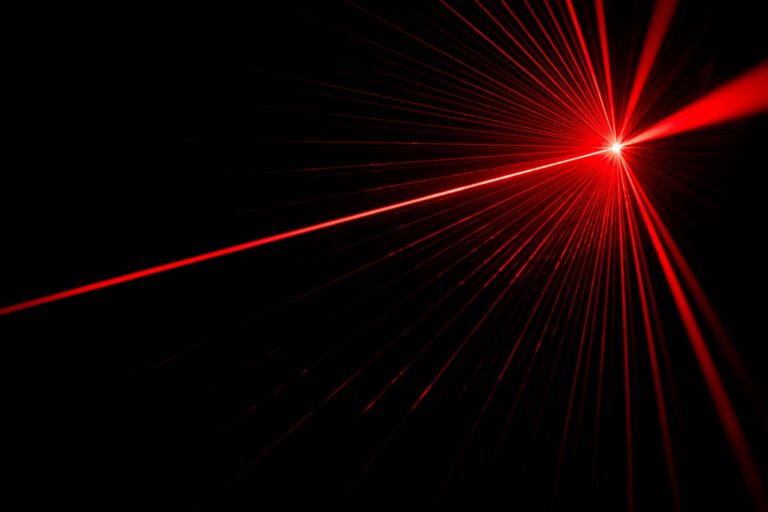In a groundbreaking development in astrophysics, scientists have observed electrons surpassing the speed of light for the first time. This astonishing discovery challenges our understanding of physics and opens up exciting possibilities for future research.
A New Frontier in Physics
For decades, the speed of light in a vacuum, approximately 299,792 kilometers per second, has been considered the ultimate speed limit in the universe. However, recent experiments have shown that under specific conditions, electrons can exceed this speed. This phenomenon was observed in a laboratory setting, where scientists created an environment that allowed electrons to travel faster than light.
When I first read about this discovery, I was amazed. It’s like finding a hidden level in a video game you thought you knew everything about. It makes you wonder what other secrets the universe holds.
The Experiment and Its Implications
The experiment involved using a particle accelerator to propel electrons through a medium with a refractive index higher than that of a vacuum. In this medium, the speed of light is slower, allowing the electrons to surpass it. This effect is known as Cherenkov radiation, which produces a distinctive blue glow, similar to the one seen in nuclear reactors.
The implications of this discovery are profound. It suggests that under certain conditions, the universal speed limit set by the speed of light can be exceeded. This could have significant ramifications for our understanding of physics and the fundamental laws that govern the universe.
Cherenkov Radiation Explained
Cherenkov radiation occurs when charged particles, such as electrons, travel through a dielectric medium at a speed greater than the phase velocity of light in that medium. This creates a shockwave of electromagnetic radiation, which manifests as a blue glow. The phenomenon is similar to the sonic boom produced by an object traveling faster than the speed of sound.
This discovery of electrons exceeding the speed of light within a medium is not just a theoretical curiosity. It has practical applications, particularly in the fields of nuclear physics and particle detection. Cherenkov radiation is already used in various scientific instruments to detect high-energy particles.
Revisiting Einstein’s Theory of Relativity
While this discovery does not contradict Einstein’s theory of relativity, it adds a new layer of complexity. According to relativity, nothing can travel faster than the speed of light in a vacuum. However, this experiment shows that in a medium where light slows down, particles can exceed that reduced speed limit.
I remember learning about Einstein’s theory in school and how it seemed like the ultimate rule of the universe. This discovery shows that while the theory remains valid, there are nuances and conditions that can lead to surprising results.
Future Research and Potential
The observation of electrons surpassing the speed of light opens up new avenues for scientific inquiry. Researchers are now interested in exploring other particles and conditions that might lead to similar phenomena. This could lead to advancements in particle physics, quantum mechanics, and our overall understanding of the universe.
Scientists are also considering the implications for faster-than-light communication and travel. While still in the realm of science fiction, this discovery brings us a step closer to understanding the conditions under which such possibilities might exist.
Conclusion
The first-time observation of electrons surpassing the speed of light marks a significant milestone in the field of physics. It challenges our current understanding and invites us to explore new frontiers. As researchers delve deeper into this phenomenon, we can expect to uncover more about the fundamental laws of nature and the universe’s hidden secrets. This discovery reminds us that science is always evolving, and there are always new mysteries waiting to be unraveled.






